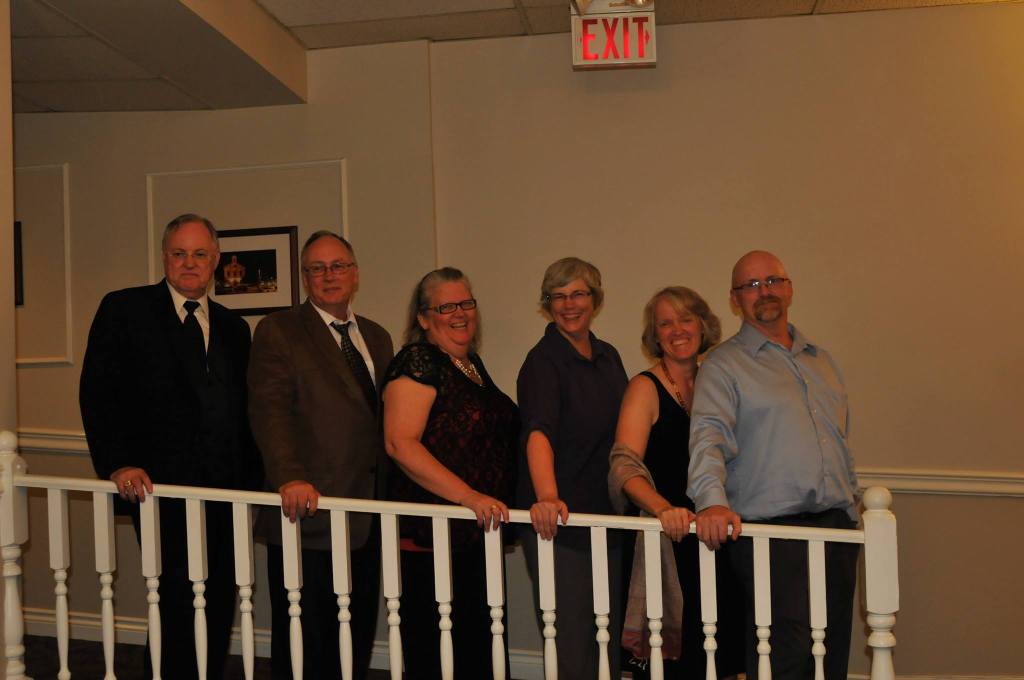There is a myriad of books, articles and posts about the meaning of leadership. If you were to ask a group of individuals to define leadership, I know you would get a mixture of definitions. I recently asked a group this very question and the answers were all over the map. Why is this? Why such a mixed bag of responses? I believe it is because we have all experienced people in leadership in different ways: Perceptions of managers as leaders, of individuals that were our “bosses” at some point in our lives. Of people we looked up to in our childhood, maybe Scout leaders or sports coaches. Historical figures are also a beacon for leadership ideals. Family members that we are/were close to, who took an interest in us or whom we admired.
Since 1998 Jim Kouzes and Barry Posner (The Leadership Challenge, Jossey-Bass) have been asking leaders of all ages and backgrounds to name their leadership role models, from a list of eight categories. In the 18 to 30 age group the top category was a family member (40%) followed by a teacher or coach (26%), community or religious leader (11%), business leader (7%), political leader (4%), professional athlete (3%) and entertainer (2%). Seven per cent said “other,” “not sure” or “none.” In the over 30 age group family member was also first at 46%, followed by business leader (23%), teacher or coach (14%), community or religious leader (8%) and political leader (4%). No one in the over 30 age group picked professional athlete or entertainer and 4% picked none/other/not sure.
Over all, family members are the majority’s most influential leadership role model. In second place for those under 30 it’s a teacher or coach but for those over 30 it’s a business leader. But when Kouzes and Posner delved deeper into this question, they found that people associated business leaders with someone who was their immediate supervisor: not necessarily a “C” level executive, but someone who was their teacher or coach. What does the research results tell us? The top categories are people we know best and know us best; the ones to whom we are closest. Kouzes and Posner stated that “Our research clearly demonstrates that the experience of leadership in not something that happens only at the very top of organizations or that is confined to formal organizations at all. It’s experienced everywhere. In other words, Leadership is everyone’s business” (2012, p.331).
 Why is this important? It’s because it is from those who have been important to us and have had influence over us that we develop our personal values. Being self-aware—able to articulate our personal values, understanding why we behave as we do in certain situations—is a critical step to becoming an effective leader, whether that leadership role is in a large corporation, a small enterprise or your own family.
Why is this important? It’s because it is from those who have been important to us and have had influence over us that we develop our personal values. Being self-aware—able to articulate our personal values, understanding why we behave as we do in certain situations—is a critical step to becoming an effective leader, whether that leadership role is in a large corporation, a small enterprise or your own family.
Do you know what your own personal values are? Have you written them down? If yes, great! You are well on your way to self-awareness. If not, here is a great site to get you going: http://www.mindtools.com/pages/article/newTED_85.htm
John K Whitehead & Associates assists individuals and organizations in becoming more effective by improving their interpersonal communications, emotional intelligence and resiliency.
You can read my blog at https://johnkwhitehead.ca
If you have enjoyed reading these posts, please Follow Me
